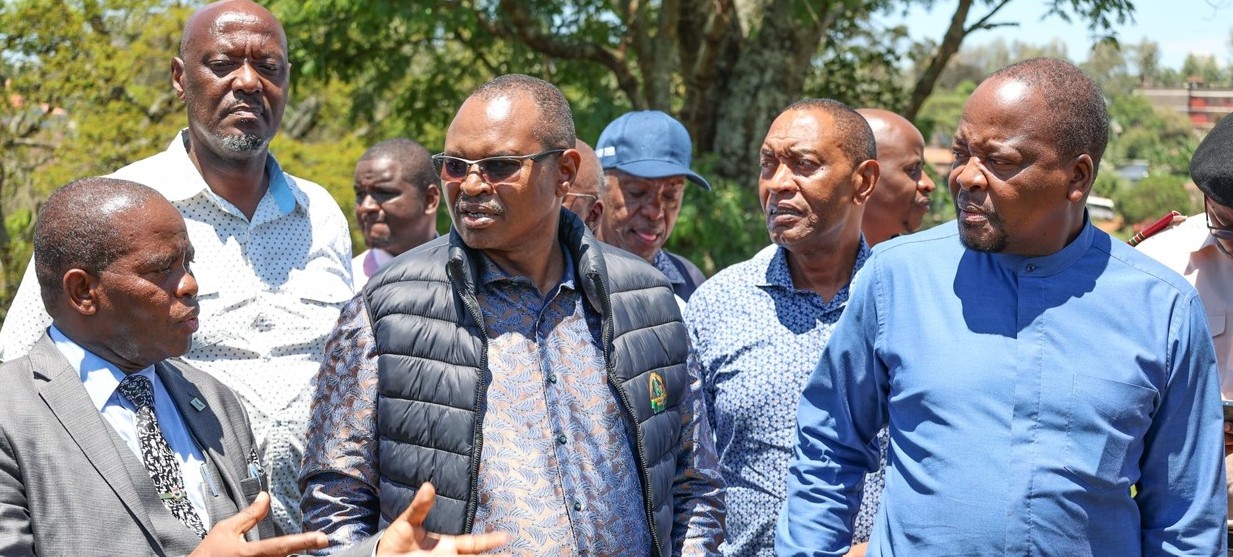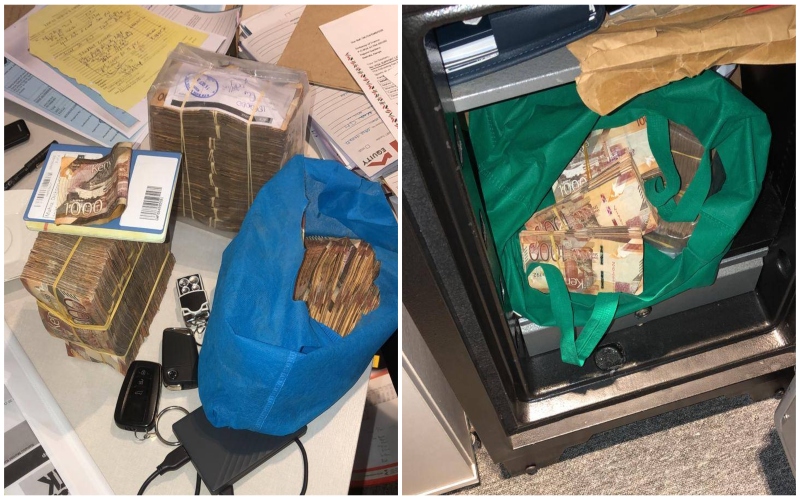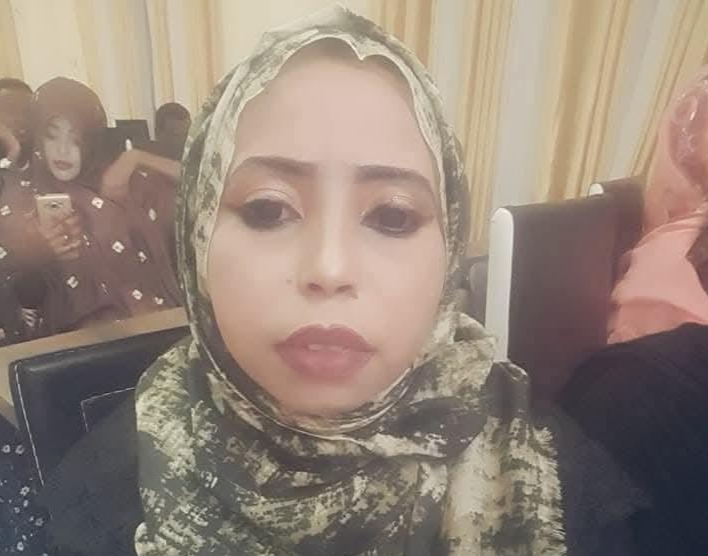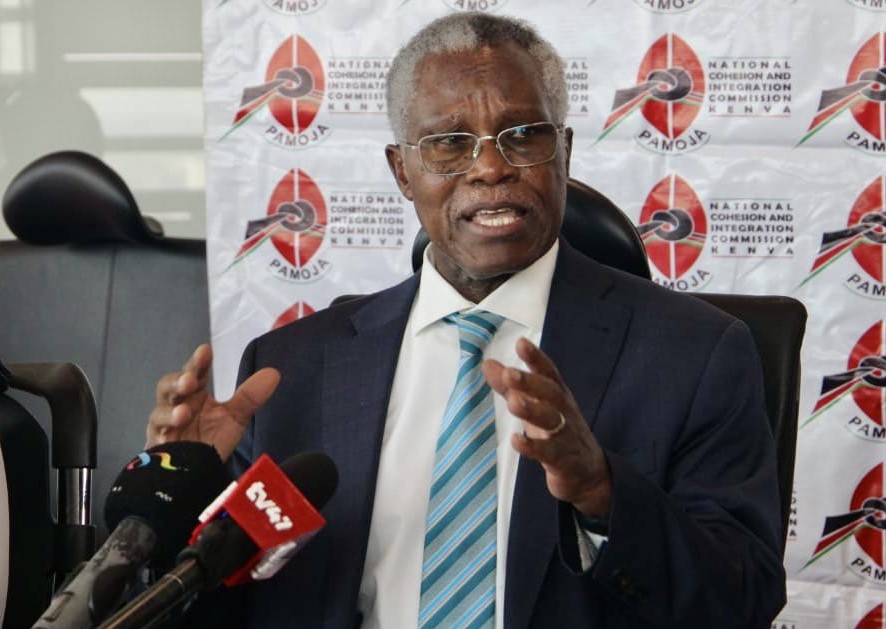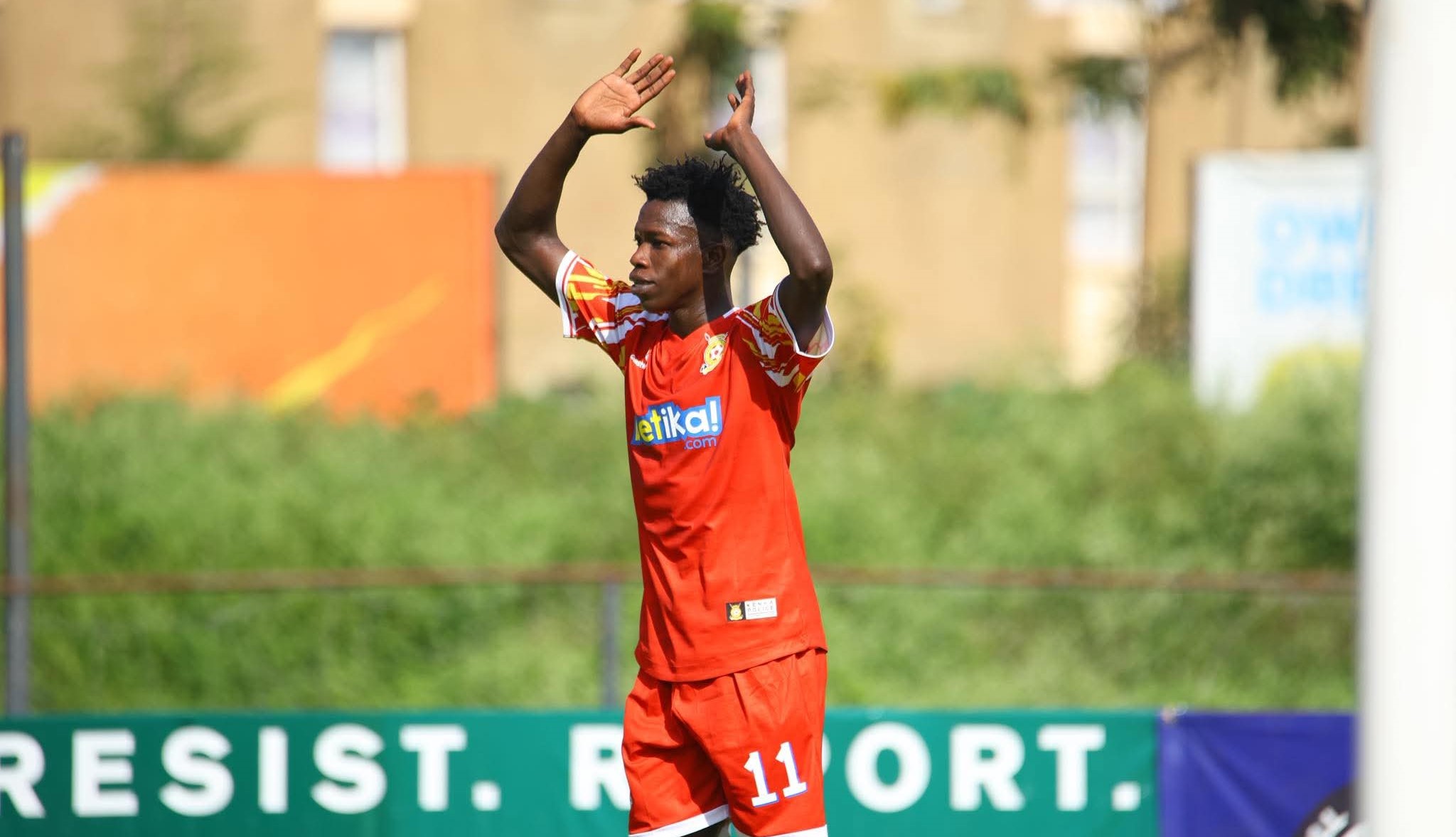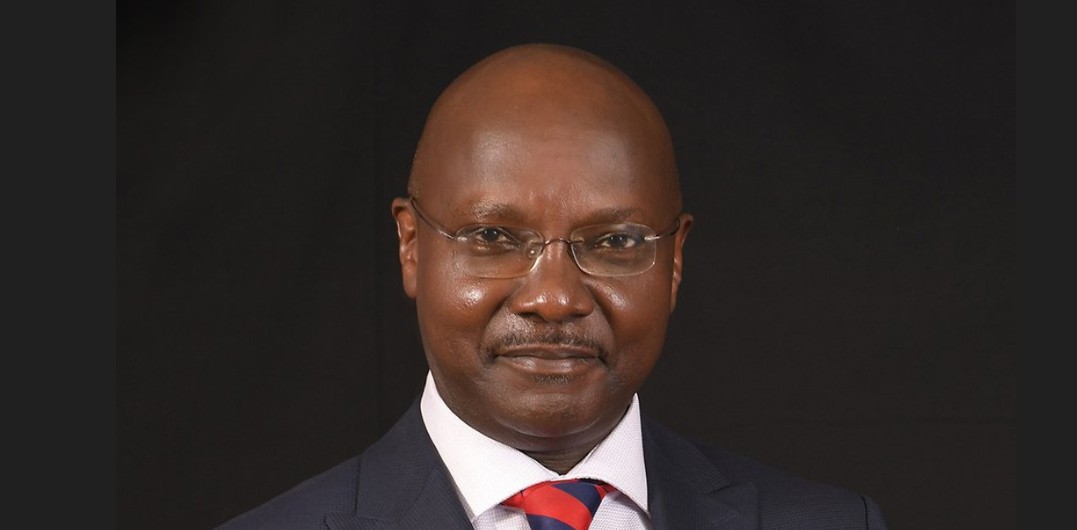MPs slam IEBC for mishandling Sh4.39bn in legal fees, demand urgent reforms to prevent overspending
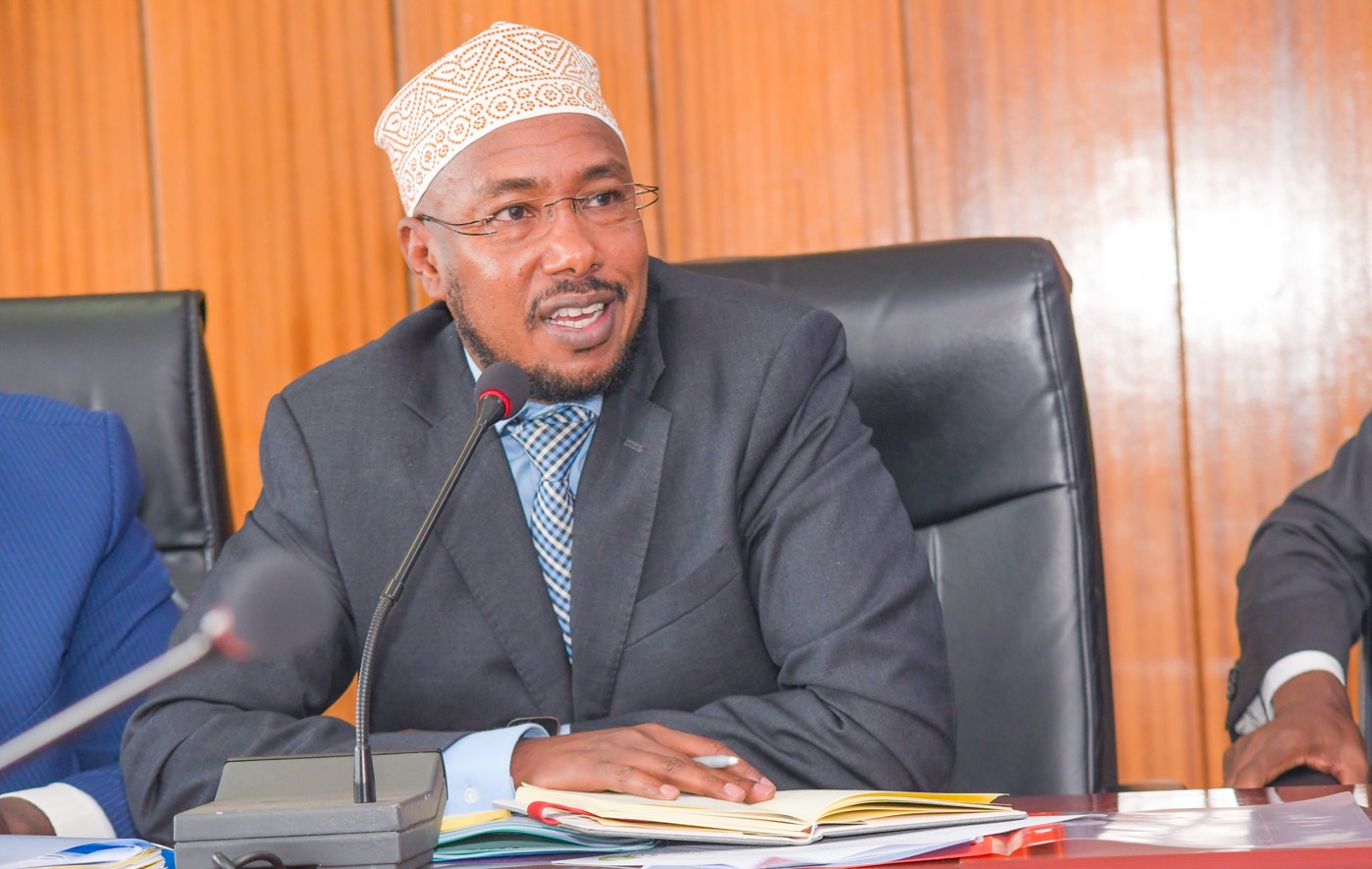
The Public Accounts Committee (PAC) has raised concerns over the lack of clarity regarding how law firms are appointed to represent the electoral body.
The Independent Electoral and Boundaries Commission (IEBC) has been put on the spot after revelations that 80 per cent of its pending bills, totalling Sh4.39 billion, are legal fees.
Legislators now want the Attorney General to provide clear guidelines on how legal firms are selected and paid, accusing the commission of overspending without proper procedures.
More To Read
- IEBC admits slow voter registration, pledges expanded access after by-elections
- Jubilee Party to IEBC: Use by-elections to restore public trust ahead of 2027 polls
- IEBC clears 56 candidates for November 27 by-elections
- IEBC warns Parliament against rushed electoral reforms ahead of 2027 General Election
- IEBC publishes list of nominated candidates, polling stations ahead of by-elections
- Court declines to halt Banisa by-election, orders expedited hearing
The Public Accounts Committee (PAC) has raised concerns over the lack of clarity regarding how law firms are appointed to represent the electoral body.
In a report tabled in the National Assembly, MPs expressed frustration that the office of the Attorney General is not involved in negotiations over legal fees, leading to discrepancies and significant overpayments to law firms.
The committee is now calling for the development of formal guidelines to govern the appointment of legal firms.
“The committee reprimands the Accounting Officer for failure to formalise over-expenditure through Treasury and Parliament, and recommends that the Accounting Officer in liaison with the Attorney General provides guidelines of appointment of law firms representing the commission, including parameters for the compensation, and avails this to the National Assembly within six (6) months of the adoption of this report,” the MPs said.
The legislators also highlighted a worrying gap in the Advocates Remuneration Order, which caps legal fees but does not set a ceiling, leading to wide variances in the amounts paid to different law firms. They stressed the need for a more transparent system for selecting and compensating legal firms that would eliminate the current disparities.
The Sh4.39 billion in pending bills includes Sh2 billion for the 2021/2022 financial year and Sh2.29 billion for the 2022/2023 financial year. IEBC CEO Hussein Marjan told the committee that despite making several appeals for additional funding, the commission was not allocated any funds in the 2022/2023 budget for settling the pending bills.
“The budgetary allocations in any non-election year are limited and mainly consist of operations expenditure. Therefore, pending bills cannot be absorbed as the first charge,” he said.
Procurement-related disputes
He further clarified that the pending bills largely stem from legal services rendered during the 2022 General Election, including representation in election petitions and procurement-related disputes.
Despite the large sums in legal fees, the PAC noted that IEBC has yet to establish clear and consistent procedures for selecting law firms.
The commission, through its Accounting Officer, indicated that it has seven in-house advocates and works with 148 pre-qualified law firms, which are re-selected every two years. However, the committee has called for clearer guidelines to prevent any further overspending.
“The commission confirmed that all the payments to law firms abide by the Advocates Remuneration Order and that savings and credit notes arise due to negotiation and that they operate on a first-in-first-out basis,” reads the report.
The committee also raised concerns about the recovery of Sh5.4 million in court-awarded costs from as far back as 2013, urging the commission to be more proactive in collecting these funds. However, they acknowledged that the legal costs associated with pursuing these recoveries have prevented the firms from making progress.
“There is lethargy in pursuing costs resulting in non-payment of pending bills,” the MPs said.
They also pointed out that some of the parties from whom the commission is supposed to recover costs are untraceable, further complicating the situation.
The PAC has directed the Accounting Officer to submit a status report within three months detailing the long-standing outstanding amounts for review and future audit purposes.
In addition to the legal fees, the MPs questioned the loss and damage of Kiems kits purchased during the 2016/2017 financial year. Some kits were missing components or had damaged parts, rendering them non-functional. The committee has recommended a special audit to investigate the losses, noting that the pattern of missing equipment appears to be suspicious.
“The committee observed from the submissions by the Accounting Officer that the loss of the equipment seemed to have taken a curious geographical pattern, and seemed well coordinated. The Accounting Officer admitted to some losses and claimed that some investigations were ongoing, albeit with no timelines,” reads the report.
Top Stories Today

